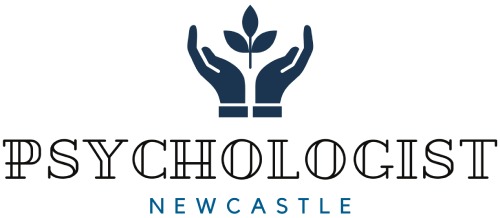What is Cognitive Analytic Therapy (CAT)?
Cognitive Analytic Therapy (CAT) is a time-limited, integrative form of psychotherapy that combines aspects of cognitive therapy and psychoanalytic approaches.
Developed in the 1980s by Dr. Anthony Ryle, CAT focuses on understanding how past experiences and relationships influence current patterns of thinking, feeling, and behaviour.
The therapy aims to help individuals recognise unhealthy patterns and develop healthier ways of relating to themselves and others.
How does CAT work?
CAT is structured and collaborative, typically involving a series of 8, 16 or 24 weekly sessions. Early in the therapy, I will work with you to map out recurring patterns, such as self-critical thoughts or difficulties in relationships.
These patterns are then linked to past experiences, helping you understand the origins of your difficulties.
Together, we’ll identify more adaptive ways of thinking and behaving, with a focus on making practical changes.
What are the Benefits of CAT?
The benefits of CAT in therapy are numerous. It offers a clear framework for understanding complex emotional issues and provides you with insights into your behaviour and relationships.
CAT is particularly effective for individuals dealing with personality disorders, anxiety, depression, and relationship problems.
By combining cognitive and relational insights, CAT helps you break free from negative cycles and fosters lasting personal growth and improved well-being.

